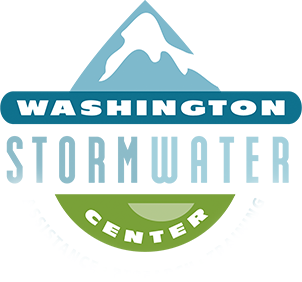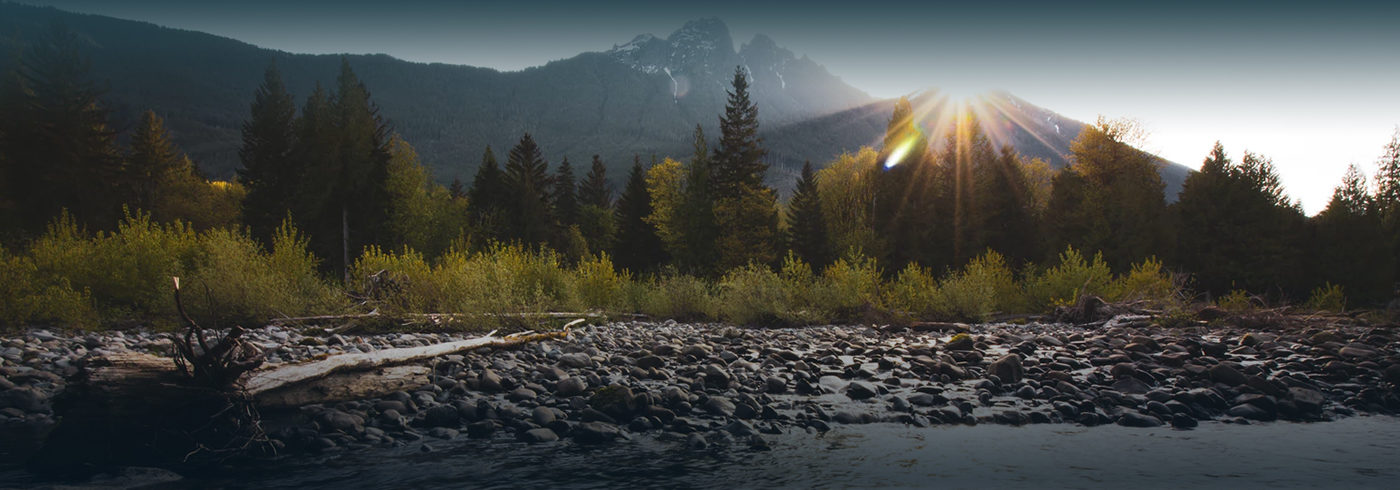
Why care about stormwater
Stormwater runoff is the number one source of pollution in Puget Sound and other water bodies throughout Washington and the nation. Runoff pollution plays a major role in the declining health of aquatic environments, contributes to flooding, and destroys habitat.
In Washington, we value our natural environment. We depend on clean water for the fish we eat, recreational activities, and economic vitality. Your actions to reduce stormwater pollution are vital in the protection of our waters.
What is stormwater and why is it a problem?
Stormwater itself is not an issue – it just means the precipitation that falls on the ground. The problem comes from what happens to that water – It can become polluted stormwater runoff. As it flows over hard surfaces, such as roadways, roofs, parking lots, over-fertilized lawns, and industrial areas, it picks up pollution. Those pollutants are carried by stormwater into the nearest water body. This runoff is not treated to remove pollutants like domestic wastewater is. All the pollutants that are in the stormwater runoff are discharged directly into our lakes, rivers, streams, and marine waters.
Stormwater can also be a problem if there is too much all at once. If there is too much impervious (hard) surface and water cannot infiltrate into the ground, it can cause flooding and erosion of water body banks and stream beds.
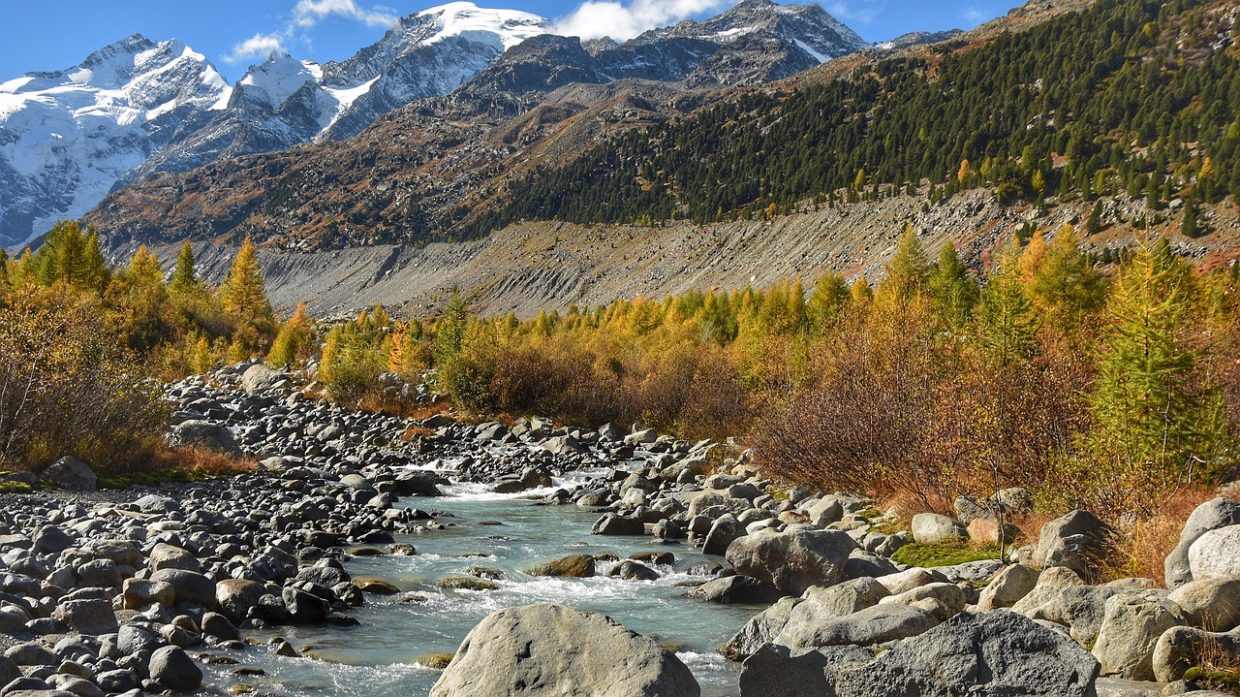
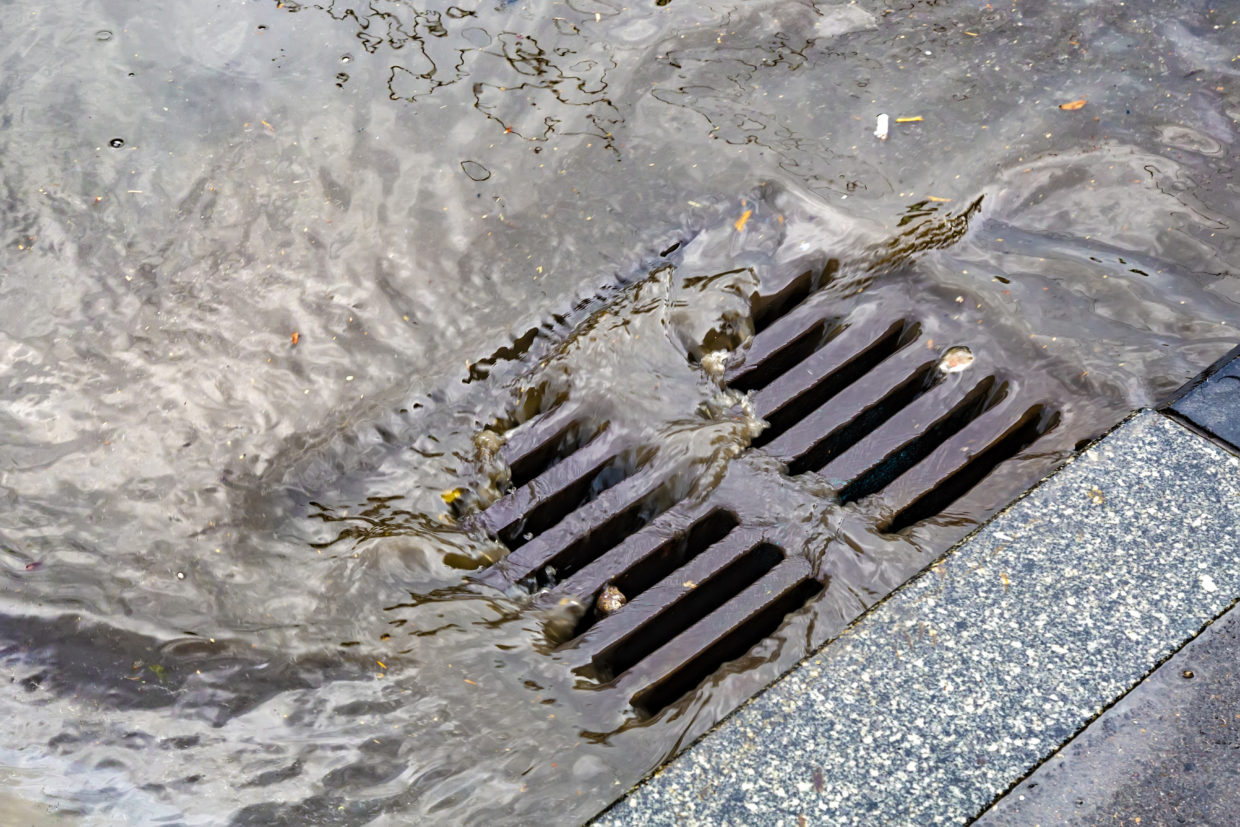
What can you do to prevent stormwater pollution?
As a business owner, project manager, or a private citizen, there are many things you can do to prevent pollution. Here are a few examples:
- Keep your vehicles well maintained and free of leaks
- Wash your car at a car wash that recycles the water, or on your lawn
- Pick up after your pets
- Maintain your septic system if you have one
- Keep dumpster and garbage cans closed and not overflowing
- Put scrap metal, tires, and other potential pollutant sources undercover or inside a building
Impacts of Stormwater Runoff:
The impacts of not managing stormwater are not just to aquatic life. There are other impacts to consider
- Economic impacts – impairments to fisheries, shellfish, tourism, recreation-related businesses
- Aesthetics – dirty water, trash, and debris, foul odors
- Impaired and restricted recreational uses – swimming, fishing, boating, shellfish harvesting
- Threatens public health – contamination of the fish and shellfish we consume and can contaminate our drinking water
- Threatens public safety – drownings and waterborne illnesses can occur in floodwaters
Polluted Stormwater Runoff
Examples of pollutants that are routinely found in runoff are:
- Oil, grease, and other fluids from automobiles
- Heavy metals such as zinc and copper from brake dust and tires
- Pesticides, herbicides, and fertilizers – especially if they are not applied correctly
- Bacterial sources such as pet waste or broken septic systems
What can you do to prevent stormwater pollution?
As a business owner, project manager, or a private citizen, there are many things you can do to prevent pollution. Here are a few examples:
- Keep your vehicles well maintained and free of leaks
- Wash your car at a car wash that recycles the water, or on your lawn
- Pick up after your pets
- Maintain your septic system if you have one
- Keep dumpster and garbage cans closed and not overflowing
- Put scrap metal, tires and other potential pollutant sources undercover or inside a building
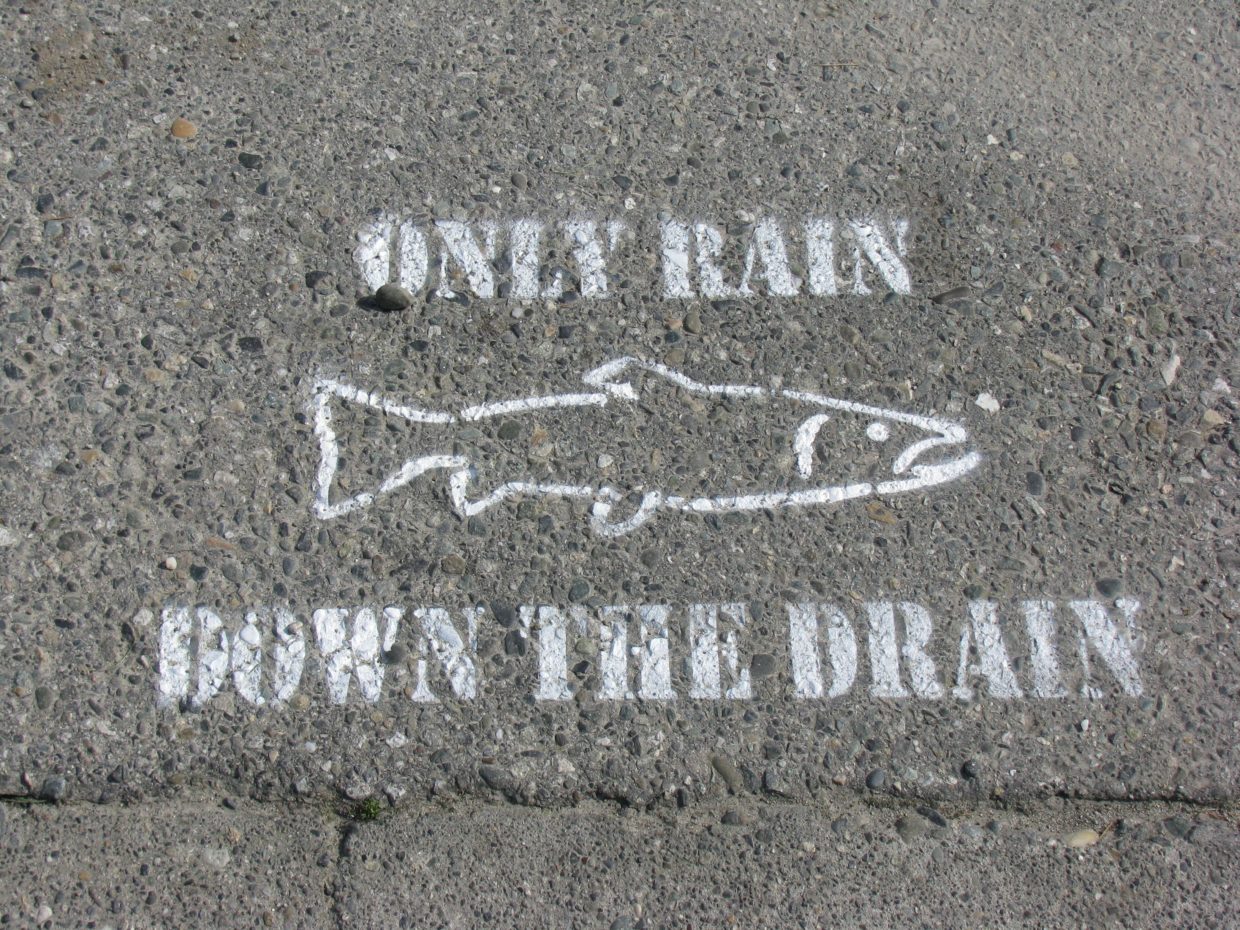
What can you do to prevent stormwater pollution?
As a business owner, project manager, or a private citizen, there are many things you can do to prevent pollution. Here are a few examples:
- Keep your vehicles well maintained and free of leaks
- Wash your car at a car wash that recycles the water, or on your lawn
- Pick up after your pets
- Maintain your septic system if you have one
- Keep dumpster and garbage cans closed and not overflowing
- Put scrap metal, tires and other potential pollutant sources undercover or inside a building
